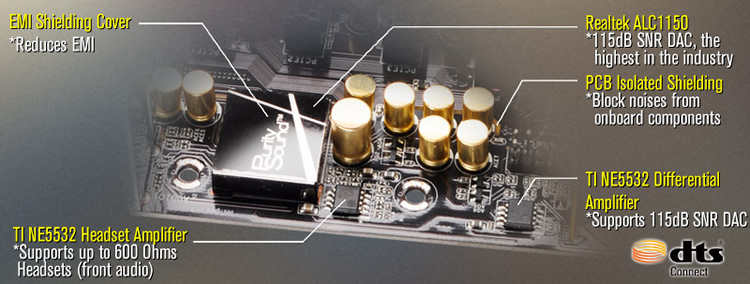Through a recently published teaser on its website, ASRock has shed some light on its upcoming range of Haswell-based motherboards. One feature, in particular, may surprise you though: waterproofing. That's right -- ASRock is planning to waterproof some of its Intel 8 boards.

Unfortunately, ASRock does not go into much detail on the subject. The company simply touts "waterproof by conformal coating" -- the application of which will likely appeal to the subset of computer enthusiasts who rely on liquid-cooling. The degree of protection afforded by ASRock's coating could fall anywhere between partly water-resistant to nearly submersible, but obviously other components (I.e. graphics cards) will be left to fend for themselves during unfortunate aqueous events.
ASRock is also promising that some new boards will feature 802.11ac Wi-Fi, Bluetooth 4.0 and an HDMI-in port. Yes, an in port. The company says its HDMI-in feature will allow users to toggle between different video sources at the push of a hotkey. The passive port will work even when the primary PC is powered off. This feature could prove useful for peripheral computing devices like tablets and laptops.
Also set to arrive in ASRrock's upcoming Intel 8 offers is "Purity Sound". The combinative onboard audio technology boasts a 115dB SNR DAC and features Realtek's 7.1-channel ALC1150 chip, a TI 5532 headphone pre-amp and improved shielding. The design also touts a capless direct-drive architecture which should eliminate sound distortion caused by capacitors.